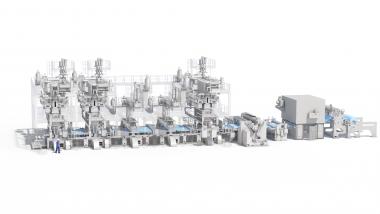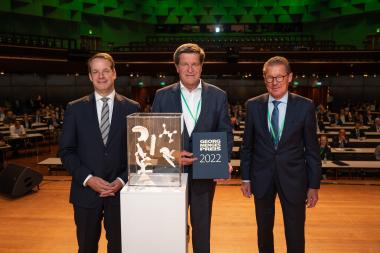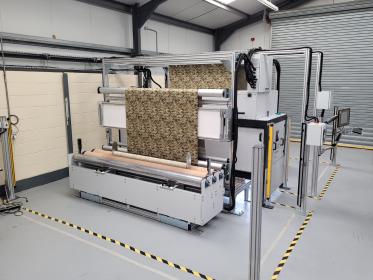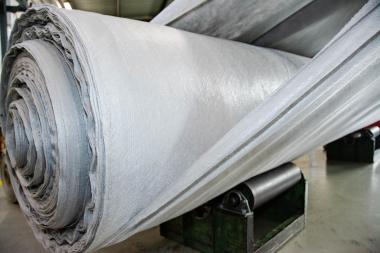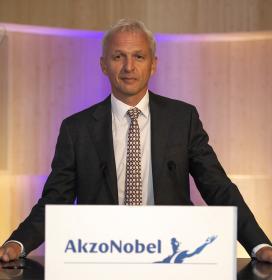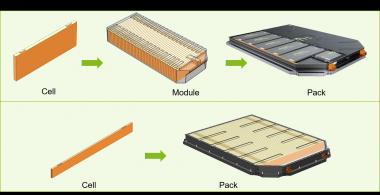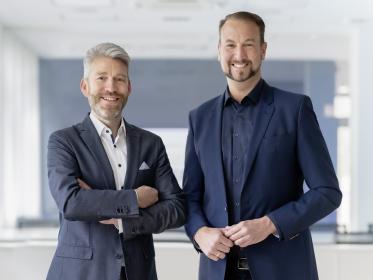Premium Group launches Charity Collection at The Ground event in Berlin
In cooperation with Platte Berlin, deadHYPE, Visionary Services and the Fashion Council Germany, The Ground invited to the Studio2Retail block party in Mitte. 950 guests, including creatives, influencers and the young Gen-Z Berlin fashion scene, came together for the first time since The Ground premiered in July to exchange and celebrate change.
The community had the exclusive opportunity to buy the limited pieces of the MUST-HAVE PEACE charity collection, which the Premium Group team initiated to support the people suffering from the war in Ukraine.
The collection includes 22 special items of clothing and accessories from 11 brands and designers from the Premium Group cosmos, of which 100% of the proceeds go to Be an Angel.
Be an Angel e.V. is an initiative of people from creative industries who are committed to the sustainable integration of people with a refugee background. Under the direction of Chairman Andreas Tölke, the team has been working intensively for the people from Ukraine for weeks, organising trips to Germany for refugees from Moldova, activating a nationwide network for accommodation and supplying hospitals in Odessa, Kyiv and Lemberg with medicine.
PREMIUM Exhibitions GmbH






